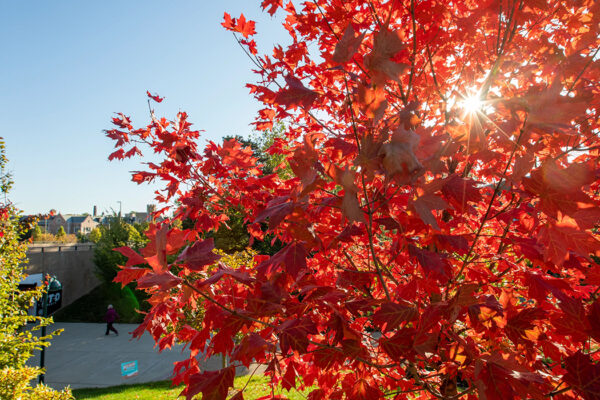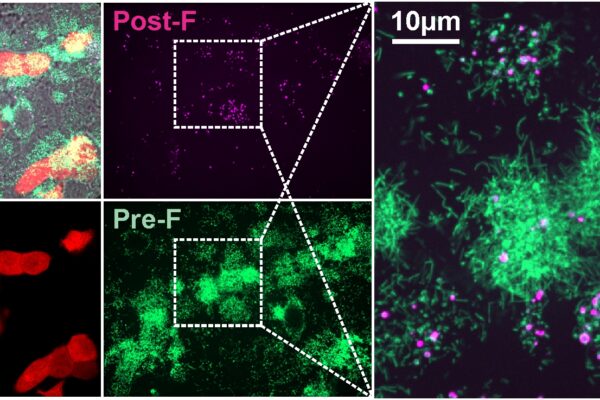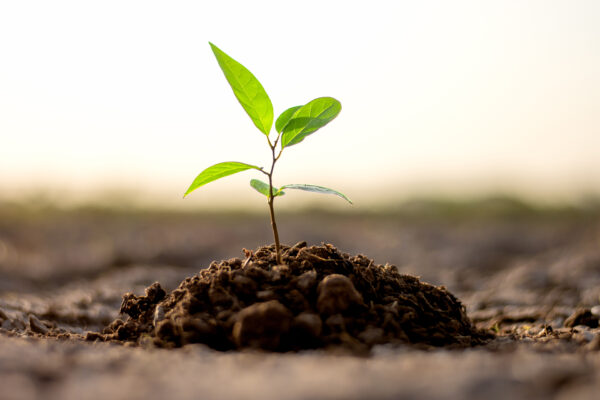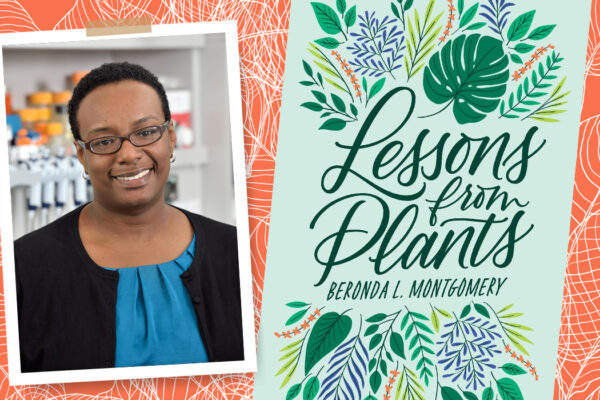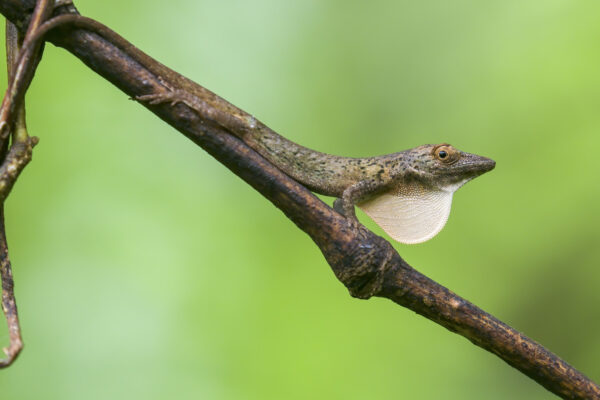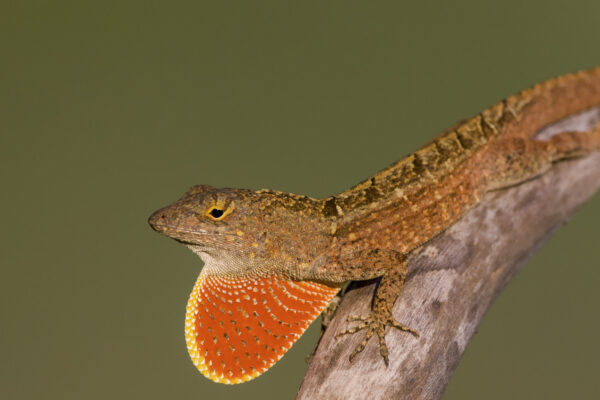Synthetic biology yields easy-to-use underwater adhesives
The lab of Fuzhong Zhang at the McKelvey School of Engineering has used synthetic biology to bring together the best of spider silk and mussel foot protein in a biocompatible adhesive.
Why is the North American fall so red, compared with Europe?
Each fall, the leaves of almost half of North America’s species of trees and shrubs turn red. Biologist Susanne S. Renner at Washington University in St. Louis helps explain why the North American fall is so red, compared with Europe, and also what changes to fall foliage we can expect under climate change.
Using microbes to make carbon-neutral fuel
A team led by biologist Arpita Bose in Arts & Sciences modified a microbe so that it can produce a biofuel using only carbon dioxide, solar panel-generated electricity and light.
Time to retire daylight saving time
Saying goodbye to daylight saving time, and the summertime memories we associate with it, can be difficult. But experts in biological rhythms, including Erik Herzog in Arts & Sciences, agree that it’s time to let it go.
Shape of virus may determine RSV infection outcomes
Using a novel technology, the lab of Michael Vahey at the McKelvey School of Engineering uncovered shape-shifting properties of a common respiratory virus.
First artificial scaffolds for studying plant cell growth
Ryan Calcutt and Ram Dixit in Arts & Sciences and their collaborators created the first artificial scaffolds that can support the growth of individual plant cells — a discovery that will make it possible to study how forces such as gravity affect the way that plant cells form and grow.
Pursuing reciprocity with plants
In her book, Lessons from Plants, Beronda Montgomery, AB ’94, explains what plants can teach us about the world and about ourselves.
Islands are cauldrons of evolution
Islands are hot spots of evolutionary adaptation that can also advantage species returning to the mainland, according to a study led by biologist Jonathan Losos in Arts & Sciences, published the week of Oct. 11 in the Proceedings of the National Academy of Sciences.
The new-new kids on the block: hybrid lizards
New research from the laboratory of Jonathan Losos begins to unravel one of the major mysteries of invasion biology: why animals that tend not to hybridize in their native range abandon their inhibitions when they spread into a new land. The study is published the week of Oct. 11 in the Proceedings of the National Academy of Sciences.
‘Fight or flight’ – unless internal clocks are disrupted, study in mice shows
Neuroscientists in Arts & Sciences discovered that the daily release of hormones depends on the coordinated activity of clocks in two parts of the brain, a finding that could have implications for human diseases.
Older Stories

